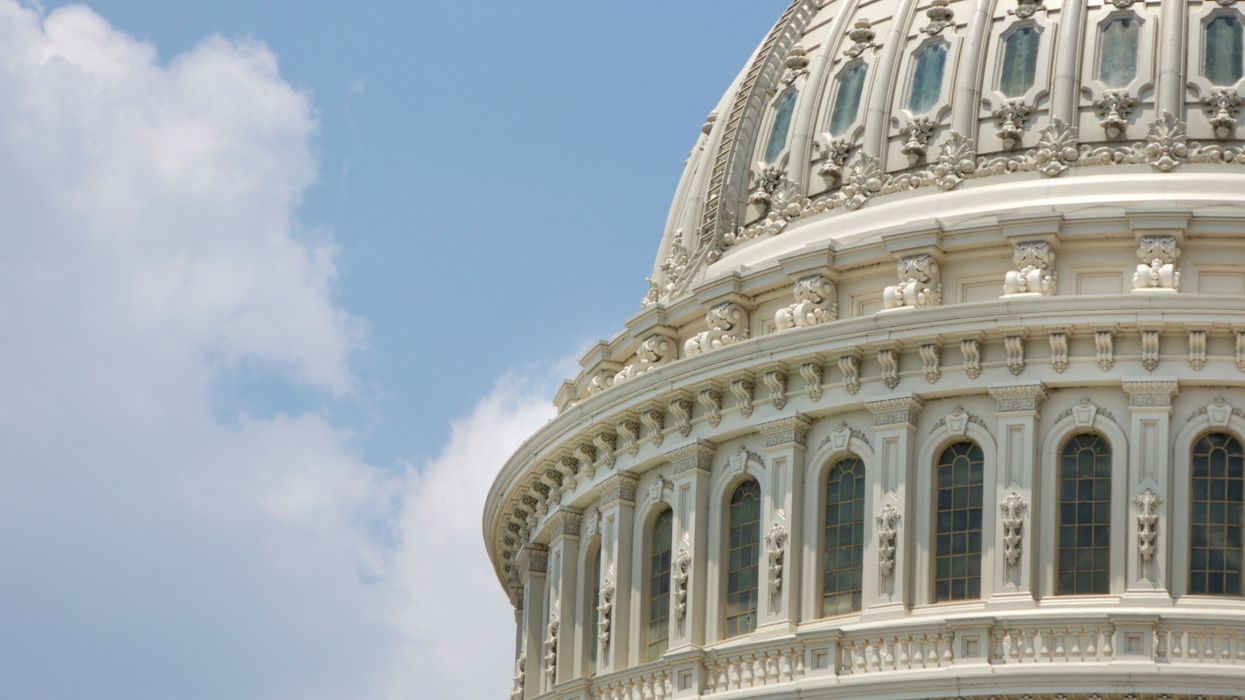Summary:
- House introduces AFA to boost franchise model and hotel operations.
- The act establishes a joint employer standard.
- AHLA backs the bill, urging swift adoption.
THE HOUSE Of Representatives introduced the American Franchise Act, aimed at supporting the U.S. franchising sector, including 36,000 franchised hotels and 3 million workers nationwide. The American Hotel & Lodging Association, backed the bill, urging swift adoption to boost the franchise model and clarify joint employer standards.
The AFA amends the Fair Labor Standards Act and the National Labor Relations Act, which since 2015 have created uncertainty for franchisors and franchisees, AHLA said in a statement.
Rep. Kevin Hern (R-Oklahoma) and Don Davis (D-North Carolina) introduced the AFA.
“Hotel franchising is a pathway to the American Dream for many entrepreneurs,” said Rosanna Maietta, AHLA president and CEO. “It is a proven win-win business model that enables partnerships between franchisees and franchisors. The American Franchise Act codifies a clear joint employer definition and is essential to protecting this framework.”
AFA aims to protect the franchise model, which has long enabled women and minority entrepreneurs to run their own businesses with support from larger brands, the statement said. It will clarify the employment relationship by establishing a joint employer standard that protects workers and preserves franchisee autonomy.
Mitch Patel, AHLA board chair and Vision Hospitality Group CEO, said that as a hotel franchisee, he has seen how the model enabled him and others to achieve the American Dream.
“Throughout my career, my hotel business has employed thousands of people who have built lifelong careers in our industry,” he said. “The American Franchise Act is essential to preserving this foundation. For the benefit of both employers and employees, we strongly encourage the swift passage of this critical legislation.”
"As one of the few franchisees in Congress, I understand how damaging an ever-changing joint-employer rule is to the franchise business model,” said Hern. “I'm pleased that we were able to come together in a bipartisan effort to create legislation that safeguards small businesses and individuals working to achieve the American Dream across the country."
Davis said changes to joint-employer rules have created prolonged uncertainty in the industry.
“The American Franchise Act aims to restore stability by clarifying that franchisors and franchisees operate as independent employers while safeguarding workers through established labor standards,” he said.
Separately, a petition for a referendum on Los Angeles’s “Olympic Wage” ordinance, which sets a $30 minimum wage for hospitality workers by the 2028 Games, fell short of signatures. The ordinance will take effect, raising hotel wages from $22.50 to $25 next year, $27.50 in 2027 and $30 in 2028.






